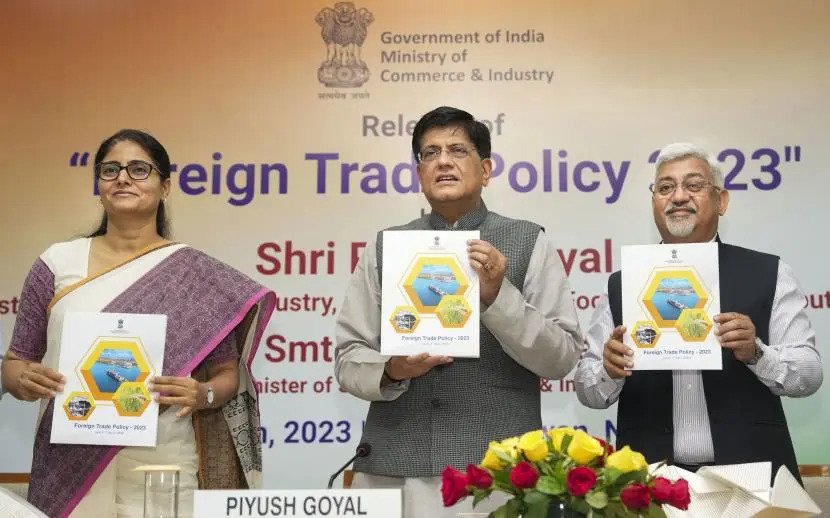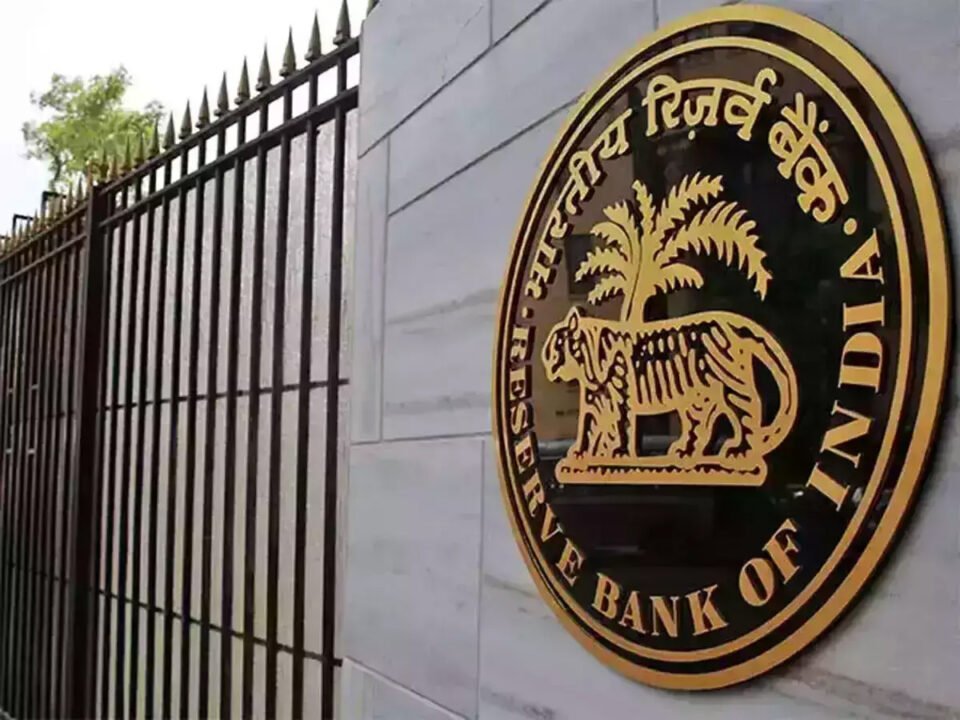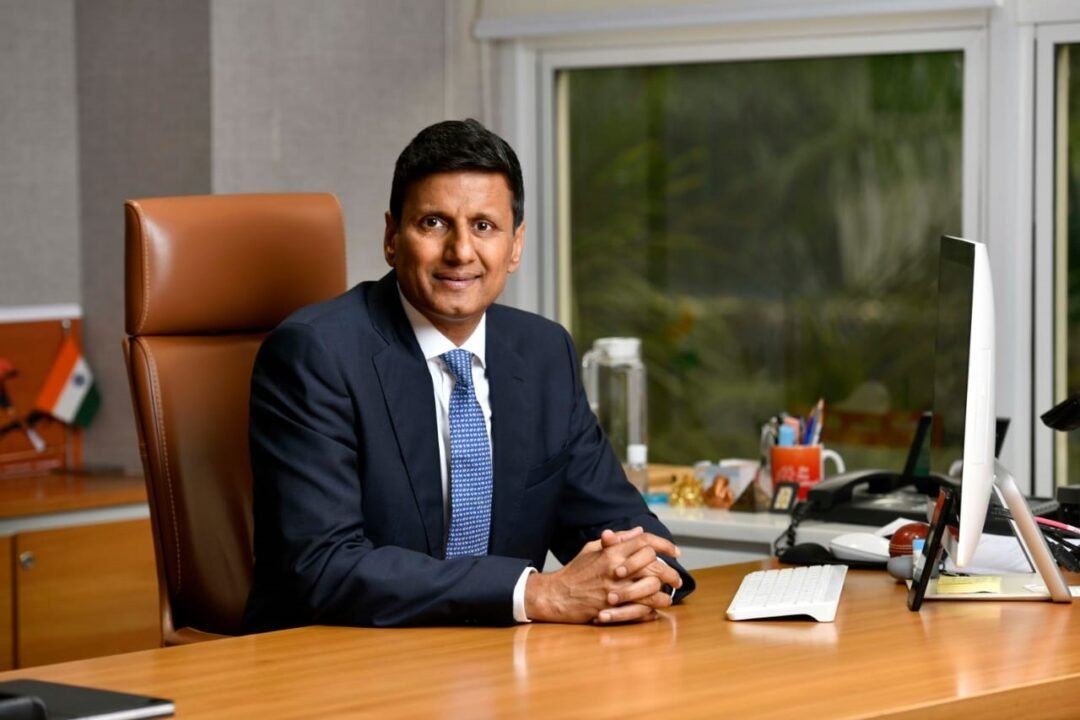SINGAPORE, Sept 16: India is a huge market and if one can leverage the potential, businesses can flourish, says an Indian-origin businessman who recently completed his term as chairman of the Singapore Indian Chamber of Commerce and Industry (SICCI).
“We would like to do more and I must say that more will be done,” T. Chandroo said of SICCI’s efforts in growing business connections, especially focusing on Small and Medium Enterprises (SMEs) in the city-state with similar size enterprises in India.
Singapore’s big businesses have connections with corporate India, but Chandroo is concerned about the SMEs, adding that they “need a lot of hand-holding”.
“This is where SICCI can play a pivotal role. I see great opportunities to bring Singapore companies to India but a lot of handholding for SMEs is needed.”
Chandroo, however, does not deny the challenges in matching SMEs from both countries.
“The challenge is to find the right partner for Singapore SMEs. There is a concern about trust as there have been a number of cases in which the partnerships have not really progressed well,” said Chandroo, who stepped down as SICCI chairman in June 2022 after serving two terms of two years each.
Among major achievements during his four years at SICCI, he saw the signing of two memoranda of understanding (MoUs) with the Tamil Nadu state government and the Union Territory of Pondicherry.
The Pondicherry Government is keen to replicate Singapore’s island-based Sentosa Resort model.
“This will be one of the biggest projects, in terms of scale, to be implemented in Pondicherry,” he told PTI.
Sentosa Resort is Singapore’s top tourist destination with world-class hotels, a casino and Ocean-facing complexes and apartments.
Chandroo also sees the potential of reviving the suspended Amaravati, a new capital city of Andhra Pradesh, for which Singapore had done a master plan.
“We, in Singapore, have large models for India to follow in its development programmes, such as smart cities, entertainment hubs and industrial corridors,” said Chandroo who has established an education business in India since 2003.
“While India offers large-scale development opportunities, Singapore has a variety of development models that have transformed the city-state into an international business and financial hub,” he underlined.
His advice to businessmen exploring the Indian market is to have long-term plans and be patient at nurturing partnerships.
His own Modern Montessori International (MMI) group is just being rebooted after two years of shutdown due to the Covid-19 pandemic.
“We were hit hard by the virus spread and had to shut all of our 38 MMI education centres in Tier-1 cities,” said the chairman and CEO of the Singapore-based MMI Group which has set up an Indian head office in Gurgaon.
“It conducted online lessons for children during Covid, however, the take-up rate was not as good as expected,” he said, adding that his company was “rebooting 15 centres first” and was “confident of starting all centres in the coming months”.
“But we are aggressively marketing our products, services and MMI brand from now on.”Chandroo is also working on plans for opening MMI centres in Tier-2 cities as well as pre-school education outlets in mid-income upward neighbourhoods.
“I see great potential for pre-school outlets as there is a growing need for nurturing pupils from a young age, especially parents that want to provide a good foundation to their young ones.”
The preschool market in India is poised to grow by USD 957.86 million during 2022-2026, progressing at a CAGR of 9.57 per cent, according to a research and markets report “Preschool Market in India 2022-26”.
The MMI Group has trained 3,000 teachers to date for its ongoing centres as well as future requirements. Teacher training continued during Covid-hit two years, for it was easy to teach adults online, he said.
Chandroo’s family office has an investment in the “Cord Blood Bank” business in Singapore, which is in partnership with India’s top businessman Ravi Jaipuria who is also MMI’s partner in India.
“The Cord Blood Bank business has been very successful in India,” said Chandroo, pointing out that “clients come from middle-income and upper-middle-income groups hence we decided about seven years ago to open one in Singapore”.
Storing Cord Blood has become important for people with disposable income while science has raised awareness globally of the importance of storing cord blood tissues and lining.
“Clients pay to have tissues stored in our banks for a minimum period of 21 years.”
Researchers in Japan have further discovered the importance of cord blood vital in the treatment of hair loss in addition to cancerous ailments.
Chandroo’s family office is also moving forward by diversifying its business into export-oriented health supplements in India.
He has formed a partnership with a Swiss group and a large Indian group to market health supplements in central Asia and south Asia. Given the nature of negotiations, the partner names are kept confidential.
His family office is also looking into the business of exporting Mud-Crab from India to China, Hong Kong, and Singapore.
“There is a strong demand for Mud-Crab for Chinese dinner tables,” said Chandroo, adding that a buyer has been confirmed in Shanghai while prices are being negotiated with aqua businesses, producers and wholesalers in India.
Another big export from India will be fish feeds for markets in Asia, Central Asia, Europe, and the Americas.
Fish feeds from India are “very competitively priced” and this makes an attractive option for Chandroo to get involved in the marine product-seafood businesses.
He pointed out that India has become the second biggest aquaculture and fish producer in the world, pointing out the priority given by the Government to make India the world’s top seafood exporter.
As it is, Indian seafood is exported to over 115 countries.
Chandroo backed his confidence in the seafood business, adding that India had shipped 13,69,264 MT of seafood worth Rs 57,586.48 crore (USD 7.76 billion) during 2021-22.
“We see opportunities in seafood as much as we see in other sectors. We want to be a part of India’s growth story,” he said. (PTI)












